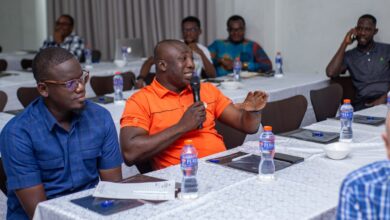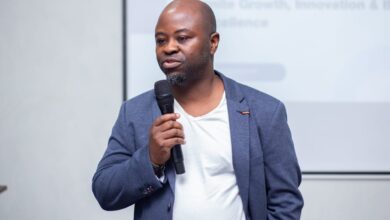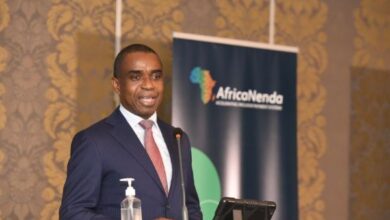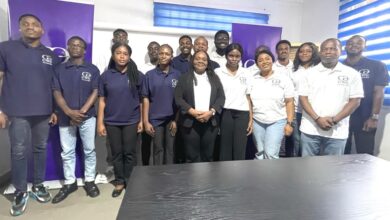Afrobarometer Launches Virtual Training Library to Boost Data Use Across Africa
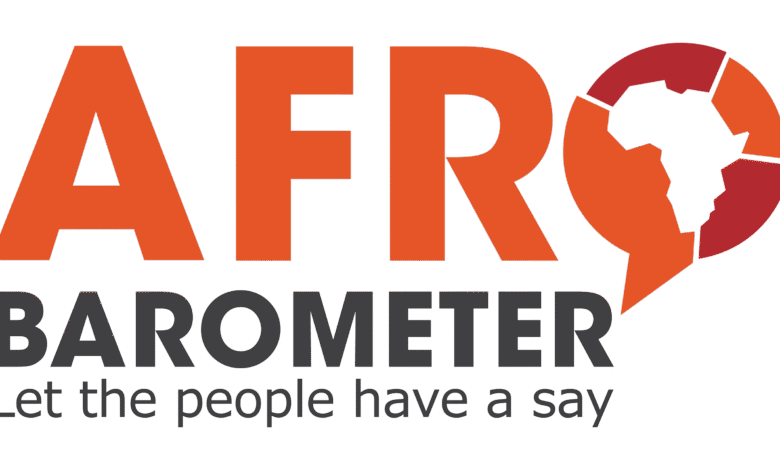
Afrobarometer has unveiled a virtual training video library aimed at empowering Africans to better access, understand, and apply data on governance, democracy, and quality of life.
The library offers a series of short, user-friendly tutorials that walk users through Afrobarometer’s Online Data Analysis (ODA) tool, which provides free access to more than 25 years of survey data from over 400,000 interviews across 42 countries. The resource is designed to make it easier for government officials, civil society, journalists, students, and the wider public to analyse trends and create graphics without needing advanced statistical skills.
Carolyn Logan, Afrobarometer’s director of capacity building, said the initiative is part of a broader effort to ensure that African citizens’ voices help shape development priorities.
“Our vision is to ensure that African voices are not just heard but also used to shape policy and development,” she noted. “This training video library makes it easier for everyone to use Afrobarometer’s data, giving them the tools they need to translate data into insights that matter.”
Dominique Dryding, Afrobarometer’s capacity building manager, stressed that the project was designed to democratise access to resources and knowledge.
“By equipping researchers, students, journalists, and policymakers with practical, user-friendly guidance, we hope to strengthen the ability of Africans everywhere to engage with the data and apply it to pressing policy challenges,” she explained.
The launch adds to Afrobarometer’s wider capacity-building programme, which already includes summer schools, research workshops, mentorship initiatives, and university outreach. These efforts are cultivating a new generation of data-savvy researchers and policymakers across Africa, ensuring that decisions are increasingly evidence-based.
With the training video library, Afrobarometer is betting on technology to broaden its reach, making sure that credible data informs debates on democracy, governance, and economic development across the continent.

